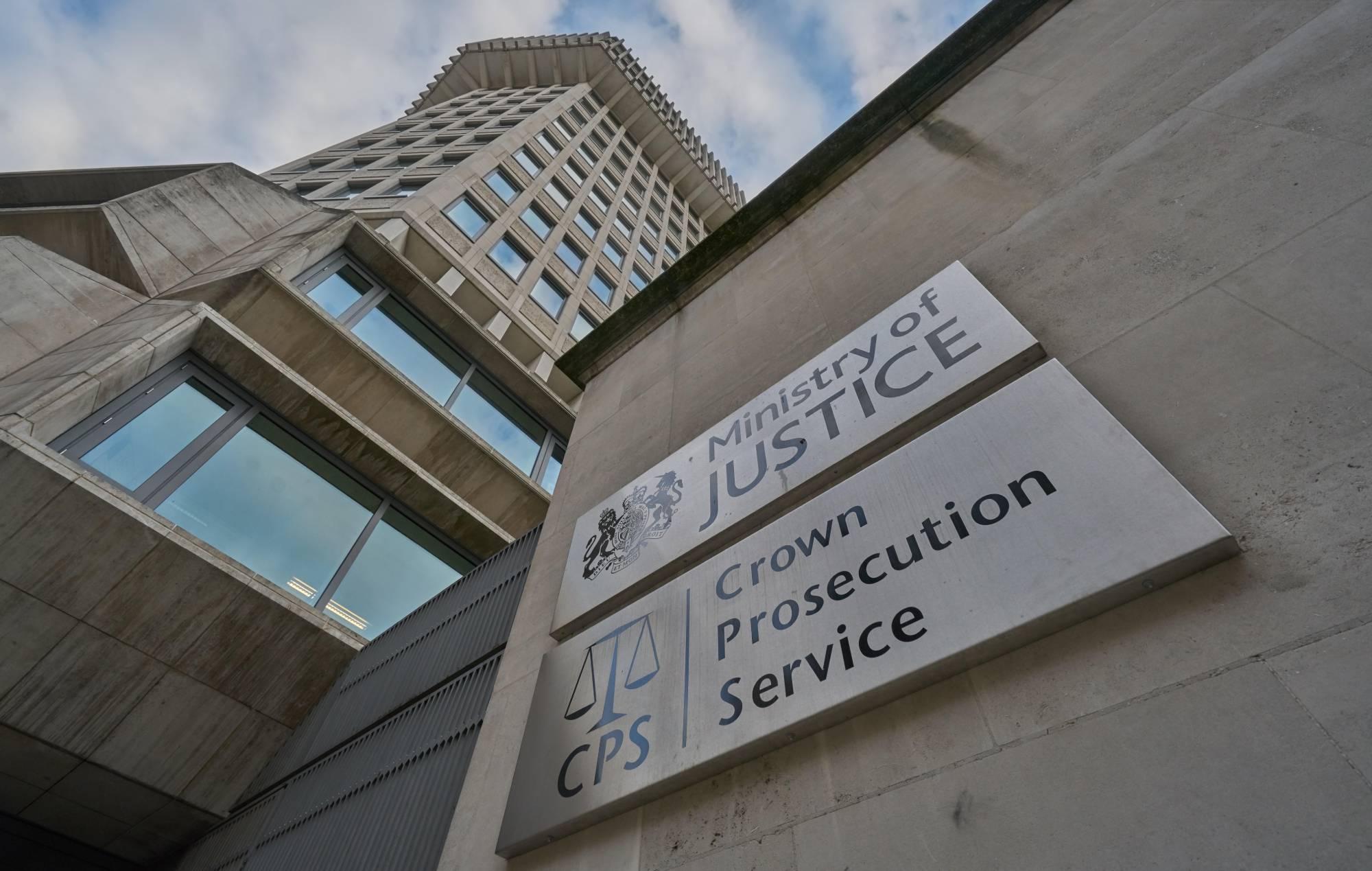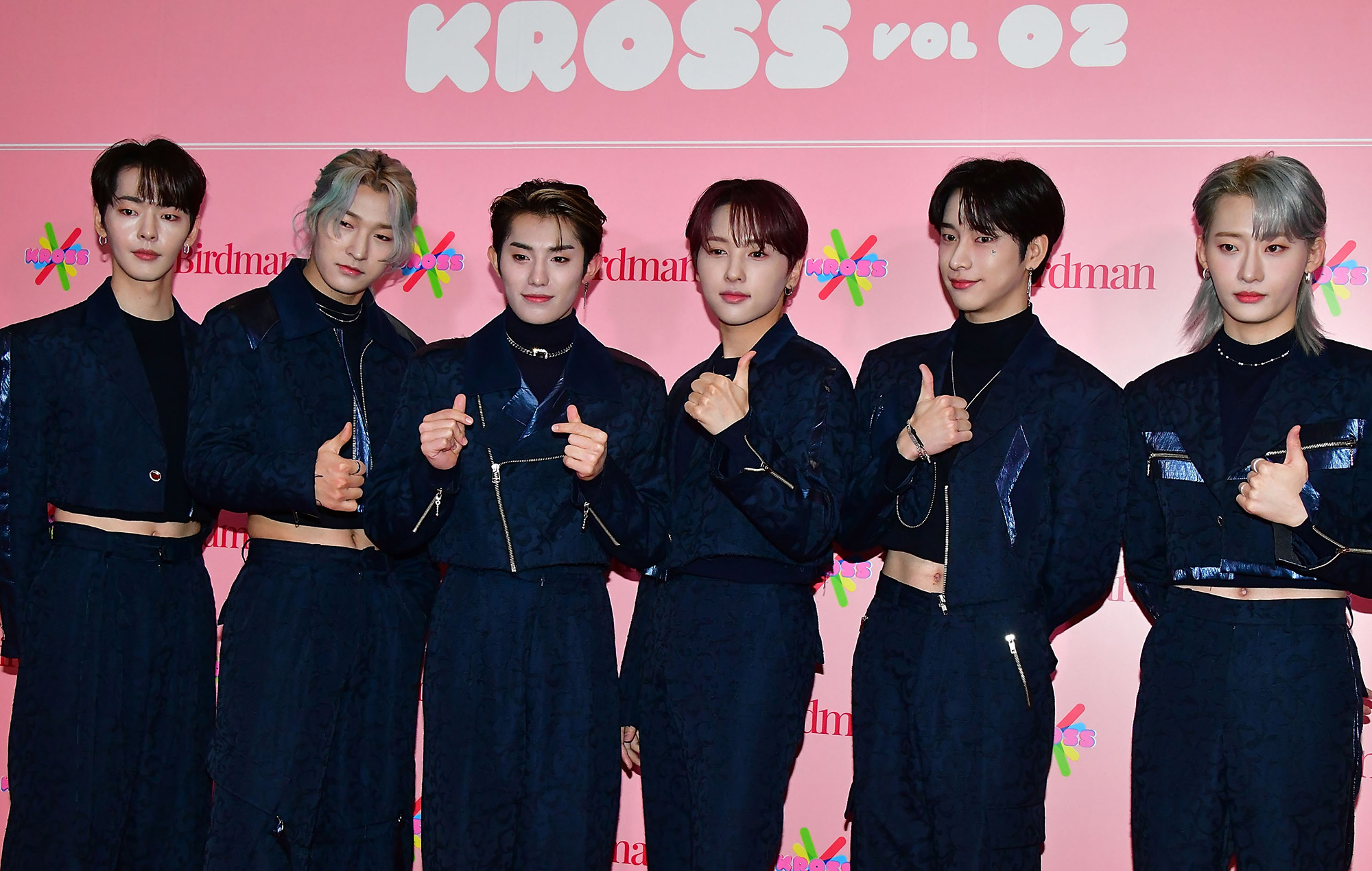
The Crown Prosecution Service (CPS) is to review its guidance on the use of drill lyrics as evidence against defendants in criminal trials.
While the CPS have said that they are not aware of any cases where drill music has been wrongly used as evidence, defence lawyers and academics have raised concerns about the use of lyrics in prosecuting drill artists. They say it can prevent a fair ruling.
Currently, The CPS’ existing guidance for prosecutors’ says that gangs are “increasingly using drill music and social media to promote gang culture, glamorise the gang lifestyle and the use of weapons”.
It adds: “They may post videos online that seek to taunt rivals, incite violence or glamorise criminality.
“The videos often show the brandishing of weapons, include incendiary remarks about recent incidents of young people being killed or seriously injured, and threats to stab or shoot specific individuals and members of rival groups.”
The guidance also states that issues can “escalate very quickly” due to the “instant nature of social media”.
However, the CPS is now completing a “listening exercise” with academics, barristers, civil liberty campaigners and youth groups to see how trails can be affected by stereotyping youths who have expressed themselves using drill music.
Research conducted by the BBC suggests that drill music is increasingly being used as evidence in criminal trials.
Nick Federici, a youth worker who is taking part in the listening exercise told BBC News about the issues.
“Drill is just the youth expressing themselves. [It] doesn’t cause crime in deprived areas. It’s poverty, it’s envy, it’s so many other things going on, underlying issues.”
He went on to say that drill videos can sometimes “speed up a process” when they are loaded onto social media. He explained: “Obviously if somebody gets on a song and calls my name out and tells me this and that, it’s going to provoke me.
“I don’t believe it can start and cause violence, but it can definitely speed up a process, just through pure embarrassment.
“It might make someone feel like they need to react because they’ve been spoken about on the internet.”
Drill music has been used as evidence in inciting gang violence as the CPS explains and that it is only used when it is “important” and “relevant”.

Earlier this month, JAY-Z, Meek Mill, Big Sean and came together to support a proposed New York state law that would limit prosecutors’ ability to use defendants’ rap lyrics as evidence of alleged crimes.
As Rolling Stone reports, the rap giants added their names to a letter calling on lawmakers to pass Senate Bill S7527 – which was first revealed in November and which passed through the Senate Codes committee earlier this week – into state law. Others who have signed on to the letter include Fat Joe, Kelly Rowland and Killer Mike.
The bill, brought forward by Democrat senators Brad Hoylman and Jamaal Bailey and assembly member Catalina Cruz, would limit a defendant’s music or other “creative expression” being shown to a jury in criminal trials, requiring prosecutors to provide “clear and convincing evidence” that expression is “literal, rather than figurative or fictional”.
Highlighting the disparity between rap lyrics being used as evidence with other forms of expression, Hoylman provides two examples – no one, he said, believes Johnny Cash “shot a man in Reno just to watch him die”, nor that David Byrne is a “psycho killer”.
“This is an issue that’s important to [JAY-Z, aka Sean Carter] and all the other artists that have come together to try to bring about this change. This is a long time coming,” JAY-Z’s lawyer, Alex Spiro, told Rolling Stone. “Mr. Carter is from New York, and if he can lend his name and his weight, that’s what he wants to do.”
Spiro co-wrote the letter that Jay and others signed with Erik Nielson, a University of Richmond professor who co-wrote the 2019 book Rap On Trial, which explores “the alarming use of rap lyrics as criminal evidence to convict and incarcerate young men of colour”.






